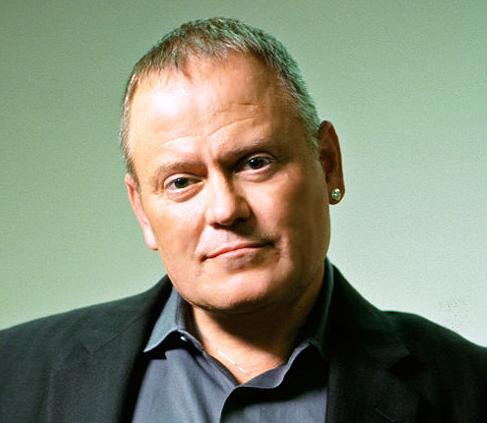I admit it.
I’m a recovering workaholic/perfectionist, not to mention having delusions of superhero syndrome.
I know I’ll never be cured. But I can at least work on controlling it.
I also know I’m not alone. Plenty of entrepreneurs and small business owners suffer from this same condition. (In fact, it’s so prevalent I’m thinking about starting a recovery group for this.)
Do you suffer from workaholic/perfectionism/superhero syndrome? Take this short quiz to find out.
1. You think working all the time, including nights and weekends, is a sign of:
A. Success
B. Insanity
C. Just one of the sacrifices you have to make when you own your own business
2. Your to-do list resembles:
A. War and Peace (actually, War and Peace might be shorter)
B. No more then 5 tasks per day
C. It’s pretty long, but that’s okay. You know if you buckle down and REALLY focus, you can get everything done. (Of course, you never have, but that’s besides the point.)
3. The last time you took a vacation was:
A. Vacation? Who needs a vacation? Vacations are for wussies.
B. A couple of months ago and it was fabulous.
C. You’re too afraid to be gone for more then a couple of days, especially if you don’t have your laptop and can check in every day. What if something happens? A new client calls? You could lose the business. Or some crisis might come up and there wouldn’t be anyone to take care of it. It’s just too risky to leave, better to stick around.
4. You believe:
A. People who don’t work very hard yet still are making mon^ey are pretty lucky (and also pretty lazy).
B. Being successful also means having a life (and having time to enjoy it).
C. The only way to be successful is to work longer and harder then anyone else. (After all, when you’re not working you’re not making money. So how can you be successful if you’re not working?)
5. Taking time for yourself is:
A. A luxury for only rich (or lazy) people.
B. Something you make a priority each and every day.
C. Nice in theory but unrealistic in practice. After all, your clients have to come first. They’re the ones paying the bills.
Scoring: Well, let’s just say you know who you are.
As entrepreneurs and small business owners, I think one of our biggest challenges is balance. How much time to spend on our business? On our families? Ourselves? And how do we fit it all into the only 24 hours we have?
For me, this has been one of the most challenging lessons. I grew up in Wisconsin, the heart of workaholic-ism. That Midwest work ethic can put people into the ground faster than anything else out there, I think.
I grew up equating hard work with success – if you wanted to be successful, you better be prepared to work your tail off. So when I started my business, I immediately put that ethic into play. If I could get all my work done during the week, there must be something wrong. I must not have enough clients. And I must not be successful enough.
But when you combined my workaholic nature with my perfectionism, that’s when things started to get out of control. There was ALWAYS something I should be doing for my business. Therefore, it was difficult to justify taking ANY time off for myself. Worse yet, I had a little voice in the back of my mind that would say things like if I wasn’t working, then I’m being lazy or procrastinating or something.
And, since my husband grew up in the same state with the same work ethic, he supported my need to be working all the time. Plus, he worked equally as hard himself.
So what was the outcome of all this? I burned out.
My burnout took place in 2003. After I recovered, I realized I had to start doing things differently or I would end up right back where I was again (burned out and unable to help anyone, much less myself). And since I still wanted to help people and I was still passionate about marketing and copywriting, I realized I would have to learn how to run my business differently if I was going to stay in business.
That was really the catalyst for me to change both myself and my business. I had to change a lot of things, including my mindset. It also has made me realize I have to value taking time off for me. If I don’t value it, it won’t happen.
Basically it comes down to this — as entrepreneurs and small business owners, we are our business. Even if we have a team to support us (which I sincerely hope all of you do) how far we can grow and take our business ultimately rests on our shoulders. And if those shoulders are slumped over, exhausted from overwork and poor health and lack of sleep and loss of passion for what we do, then that’s going to ultimately affect how far our businesses will grow.
It’s that simple.




